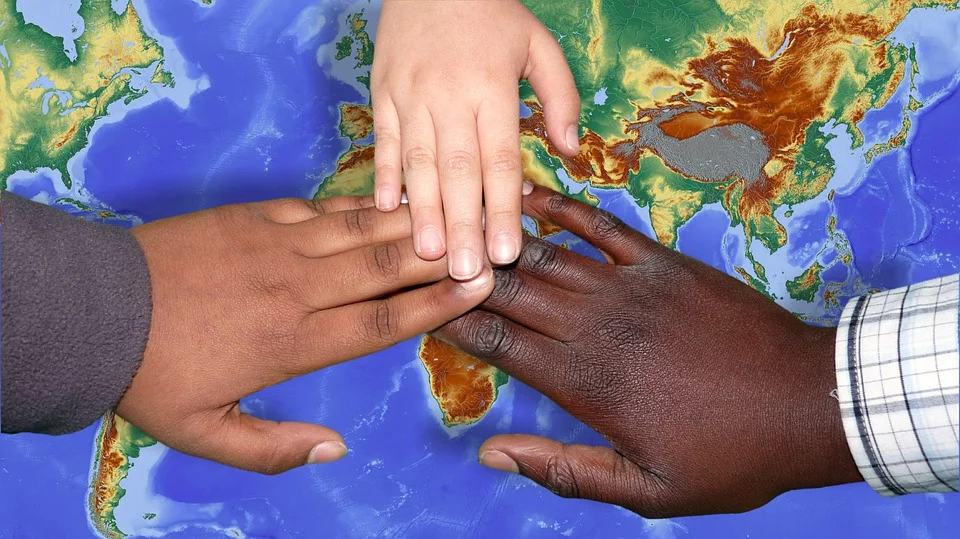Between 1990 and 2017, the total number of international migrants grew from 153 to 258 million people, an increase of 69 % (OECD, 2019). The slow but continuous increase in the number of migrants, refugees and asylum seekers globally is predicted to continue in the future (European Education and Training Expert Panel, 2019a; IOM, 2017). Increase in migration is particularly crucial for the European labour force in light of the falling birth rate and the ageing population in Europe. At the same time, it results in more ethnically, culturally and linguistically diverse classrooms (De Backer et al., 2016), posing both challenges and opportunities for education systems in Europe and calling for current teaching, learning and assessment practices to become more culturally and linguistically sensitive (Miller, 2018).
Read the Full Report here: SIRIUS Watch 2019_03-03 (1)


